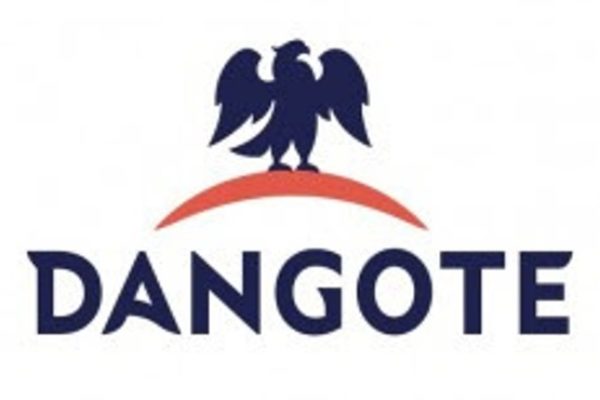Business
Dangote launches driver’s training centre to curtail crashes

As part of its measures to curb Road Traffic Crashes (RTC), the Dangote Cement Plc has launched a Drivers’ Training Centre located at the Dangote Cement Plant (DCP), Obajana, Kogi State.
The new Centre is charged with the responsibility of attending to all training needs of the Dangote Cement Plc’s drivers.
Meanwhile, the new centre at the weekend convocated its first graduates of 50 Trainee Drivers.
Speaking to newsmen on the sideline of the convocation at Obajana, Head of the Dangote Drivers Training Centre, Mr. Harisson Pepple, said the training was in line with the company’s Zero Tolerance Policy for auto crashes.
Mr. Pepple said the Trainee Drivers were drawn from the existing Motor Boys, and that the training period is six months.
He expressed optimism that the “days of crashes involving Dangote trucks are numbered”.
“The Trainee Drivers Programme is all encompassing. The first twelve weeks is theoretical. Then there is three months attachment,” he said.
He said the idea for the new Drivers Training Centre was conceived in June 2020, with the aim of training, retraining and constantly engaging the Dangote drivers.
He also announced that the company was engaging another set of qualified drivers with Class G licenses, stressing that the company is doing everything possible to rid itself of crashes.
According to him, the company is collaborating with the Federal Road Safety Corps (FRSC) in most of its activities, adding that the Trainee Drivers were also taught Defensive Driving Techniques which involves driving to save lives, time and property.
He said it should be recalled that Dangote Group has been taking stringent measures to minimize auto crashes and that the new training centre is a continuation of its innovative efforts.
Some of the efforts by the Dangote Cement Plc to curb crashes, according to a statement, include: The recertification of drivers, pre-trip and post-trip inspections, drug test, Onboard Camera and tracking of vehicles, Root Cause Analysis, engaging behavioral psychologists and Clerics, convoy movement, checkpoint policy and sanctions, among several others.




























